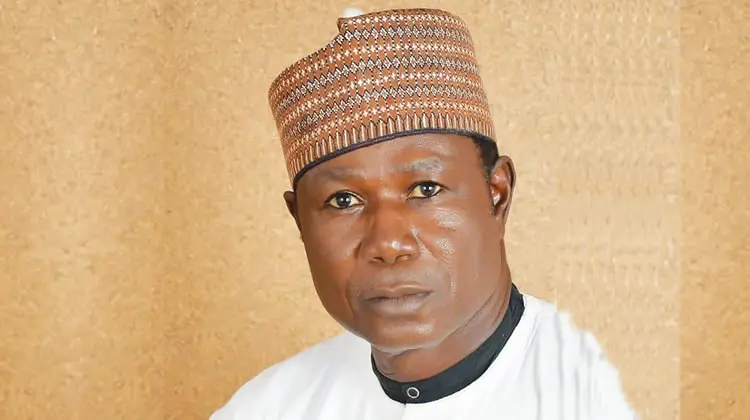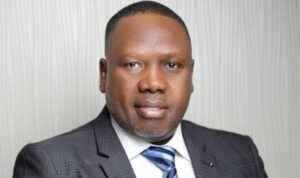In a recent interview, Dr. Pogu Bitrus, the President of the Middle Belt Forum (MBF), expressed deep concern over Nigeria’s future, especially regarding food security. The United Nations has projected that by 2030, around 82 million Nigerians, or roughly 64% of the country’s population, could face severe hunger. However, Dr. Bitrus argues that if the government does not take immediate and decisive action to address the country’s growing insecurity, this projection could actually be much worse.
Dr. Bitrus explains that insecurity, including the increasing threat from insurgents and bandits, is severely disrupting food production in Nigeria. Farmers are unable to work in many areas due to the constant threat of attacks, and when they do attempt to farm, their crops are often destroyed by criminal groups. This not only limits food availability but also drives up food prices, pushing more Nigerians into hunger.
He points out that the situation is already dire, and if these security issues are not addressed, the consequences will be even more severe than the UN’s 82 million projection. “If the insecurity continues unchecked, the prediction could be a child’s play,” Dr. Bitrus warned. He emphasized the urgent need for the Nigerian government to act swiftly and decisively to restore security and protect farmers, or else the country could face a full-blown food crisis.
Beyond food security, Dr. Bitrus also addressed Nigeria’s governance challenges. He discussed the current political system and the ongoing debate over the appointment of heads for key institutions such as the judiciary and the Independent National Electoral Commission (INEC). While some groups, like the Save Democracy Mega Alliance 2027, have called for reforms to remove the President’s authority over these appointments, Dr. Bitrus believes the real issue lies in how institutions are held accountable.
He argued that the problem is not so much about who appoints these leaders, but who has the power to remove them from office. If leaders know they cannot be easily removed from power, they might act without fear of consequences. Dr. Bitrus suggests that the solution is to create stronger institutions with clear checks and balances. These institutions must have the power to hold leaders accountable, ensuring they serve the public interest rather than succumbing to political pressures.
In his view, strengthening Nigeria’s institutions, including INEC, the judiciary, and the police, is crucial for ensuring that the rule of law is respected and that corruption and mismanagement are minimized.
Dr. Bitrus also commented on the proposal to increase the derivation funds for oil-producing states from 13% to 50%. He explained that this proposal is reminiscent of Nigeria’s pre-1966 structure, where regions retained more control over their revenues. In the past, each region would keep 50% of the revenue generated from its resources and send the rest to the federal government.
He sees this as a sign that some are advocating for a return to the 1963 Constitution, which allowed for a more balanced federal system. Rather than making isolated changes to the current constitution, Dr. Bitrus argues for a more comprehensive review of Nigeria’s constitutional framework. He suggests that the country should revisit the 1963 Constitution, update it with the 2014 National Conference recommendations, and hold a referendum to adopt a new, people-driven constitution. This, he believes, would create a governance structure that better reflects Nigeria’s current realities and address issues like fiscal federalism.
On the economic front, Dr. Bitrus expressed concern about Nigeria’s growing reliance on loans. Recently, the National Assembly approved a $2.2 billion loan to complement the 2024 budget. Dr. Bitrus criticized this decision, noting that it seems to fund recurrent expenses rather than capital projects that would generate future income for the country.
He stressed that borrowing money for consumption is an unsustainable practice that burdens future generations with debt. Instead, he advocates for focusing on local production and self-sufficiency. Dr. Bitrus pointed to India as an example, where the country chose to focus on self-reliance, even refusing to import certain goods to boost local industries. According to Dr. Bitrus, Nigeria must adopt a similar approach, investing in local production, infrastructure, and human capital to ensure long-term growth and prosperity.







